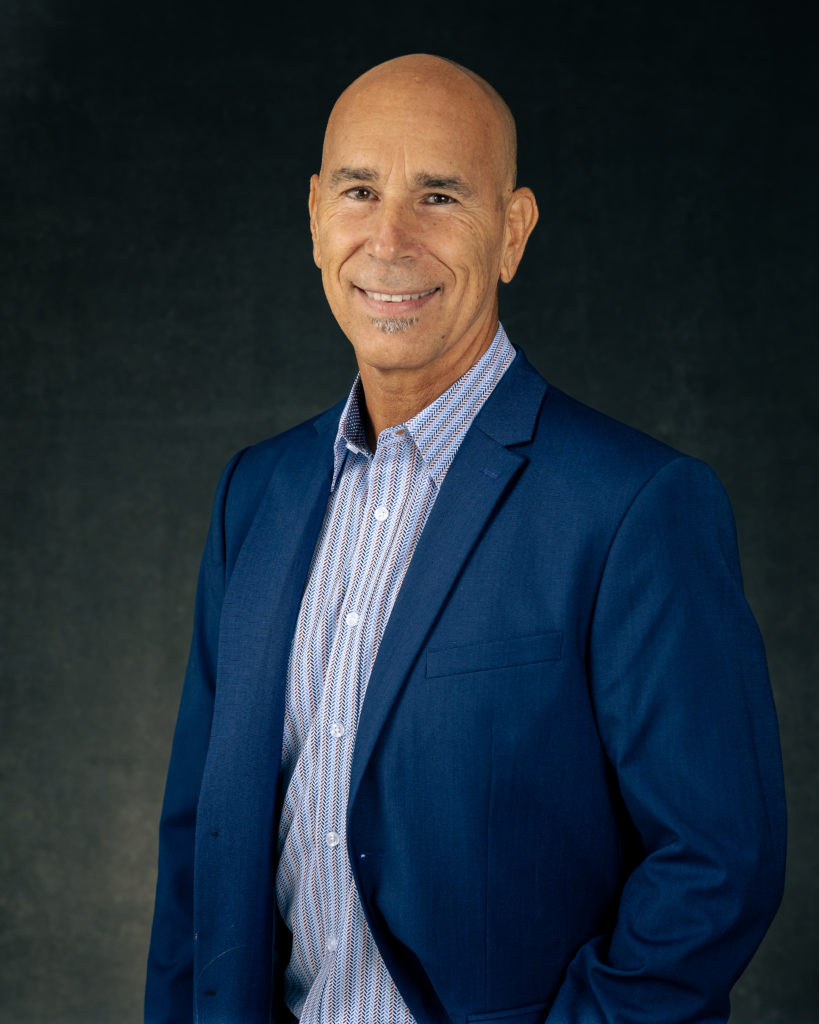Reorienting our lives around our deepest values can be challenging, but it is ultimately the key to living a life that is meaningful and fulfilling. – Brené Brown
As we go through life, it is normal for our values to change and evolve. Sometimes, these changes are forced upon us by external circumstances, such as a major life event or a shift in societal norms. Other times, they arise through introspection and reflection on our own experiences and beliefs.
Regardless of the cause, adjusting to a new set of values can be a challenging and overwhelming process. It requires reorienting our perspective, reevaluating our goals, and often making significant changes in our habits and behaviors.
This is where coaching can be an invaluable resource for individuals making this type of transition. A coach can provide guidance and support as we navigate these changes, helping us to stay focused and committed to our new values, even in the face of obstacles or setbacks.
One of the key benefits of coaching is that it can help us to identify and clarify our new values. Sometimes, we may know that we want to make a change, but we may not be clear on what that change should be or how to get there. A coach can help us to explore our priorities and values, and to set goals that align with these values.
Coaching can also help us to stay accountable and motivated as we work towards our new values. Change can be difficult, and it is easy to fall back into old habits and ways of thinking. A coach can help us to stay on track, providing encouragement and support, and helping us to stay focused on the bigger picture.
In addition, coaching can help us to develop new skills and strategies that are aligned with our new values. For example, if we have decided that we want to prioritize our health and wellness, a coach can help us to develop a plan for exercise and nutrition that supports this goal. If we have decided that we want to prioritize our relationships, a coach can help us to develop communication skills and strategies that support positive connections with others.
Ultimately, coaching can be an essential tool for individuals who are navigating a transition in their values. Whether we are adjusting to a major life change or simply reflecting on our own beliefs and priorities, coaching can help us to stay focused, motivated, and committed to our new values, and to create a more fulfilling and meaningful life as a result.
Coaching Exercise:
-
- Reflect: Take some time to reflect on your current values and where you would like to be. Ask yourself questions like, “What are my top three values?” and “What would make me feel more fulfilled and purposeful in my life?”
- Identify Barriers: Identify any obstacles or challenges that are preventing you from living in alignment with your values. These could be external factors such as financial constraints or internal factors such as limiting beliefs.
- Set Goals: Set specific and achievable goals that align with your values. Be sure to make them realistic and measurable so that you can track your progress.
- Take Action: Take action towards your goals, even if it is just a small step every day. Celebrate your successes and learn from your setbacks.
If you are feeling stuck or unfulfilled in your life, it may be time to reevaluate your values and make some changes. This can be a difficult and overwhelming process, but you don’t have to do it alone. A coach can provide the guidance and support you need to navigate this transition and live a life that is aligned with your true values.
So, if you are ready to let go of old values that no longer serve you and honor the new values that are arising within you, I encourage you to reach out for coaching. A coach can help you to clarify your values, set goals that align with them, and develop the skills and strategies you need to make lasting changes in your life.
Remember, your values are a reflection of who you are and what matters most to you. By honoring them, you can create a life that is authentic, meaningful, and fulfilling. Don’t wait any longer to start living the life you truly desire. Reach out for coaching today and start your journey towards a more fulfilling and purposeful life.








